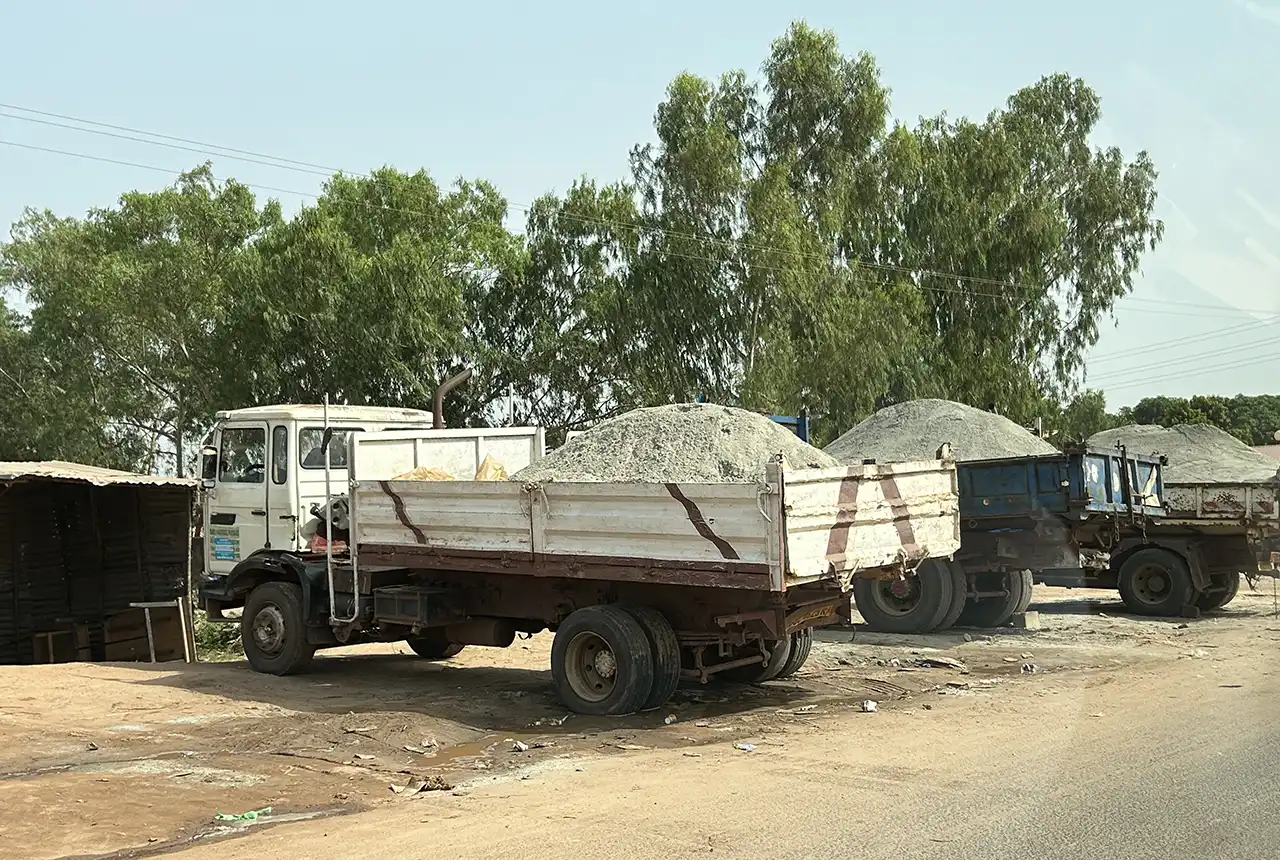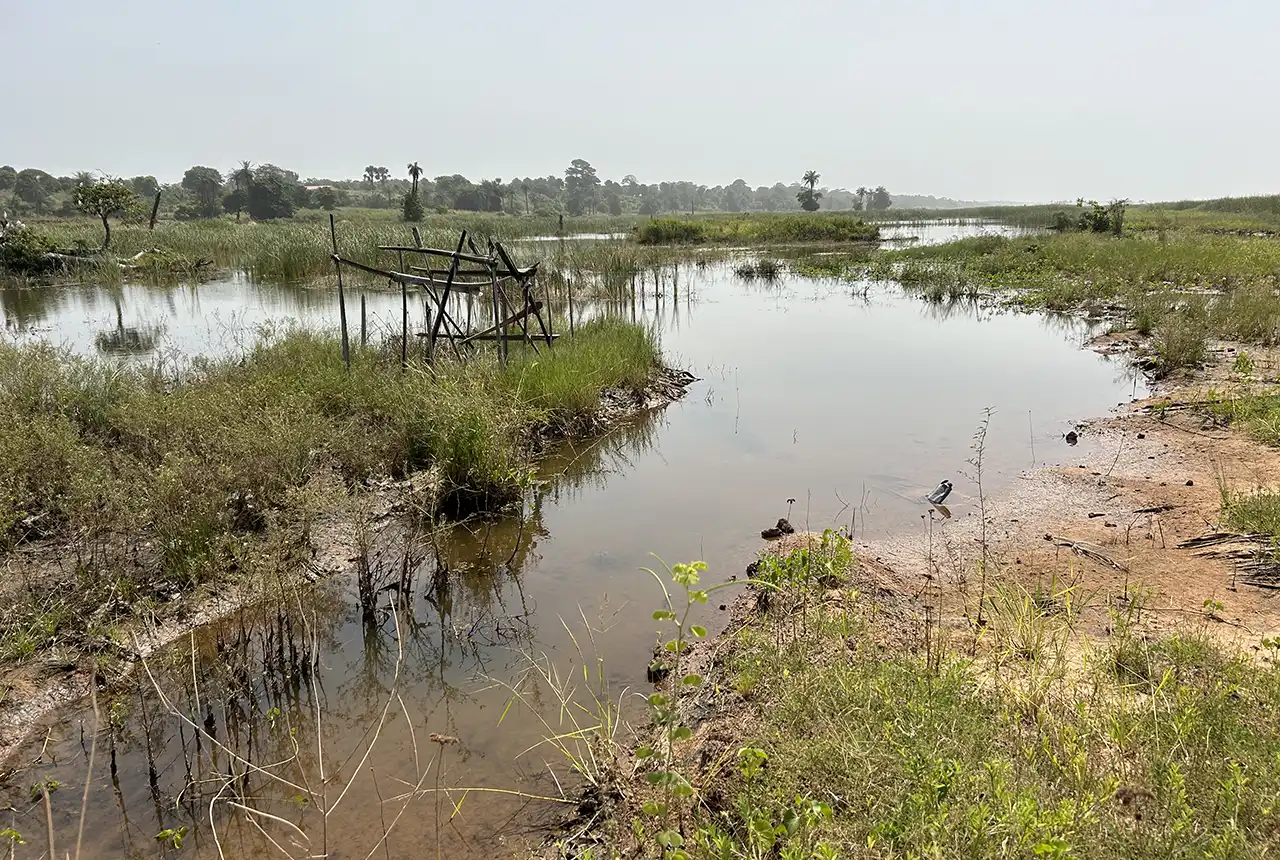Mining sand sustainably in The Gambia
BGS geologists Tom Bide and Clive Mitchell travelled to The Gambia as part of our ongoing work aiming to reduce the impact of sand mining.
17/09/2024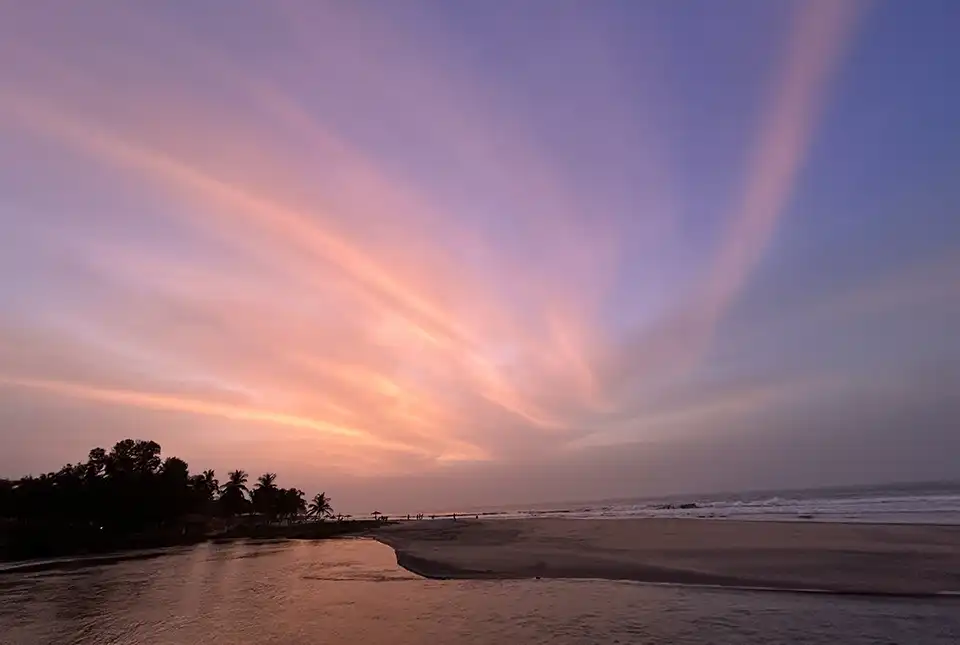
BGS has been working to reduce the global impact of sand mining through its International Geoscience Research and Development (IGRD) programme. After a successful trip to Malaysia in early 2023 and development of good practice guidance, the BGS team was keen to work alongside international partners in countries where sand mining and supply has become a major national issue.
In the autumn of 2022, Alieu Jawo, the director of the Geological Department of The Gambia, visited BGS to discuss the acute shortage of sand faced by his country. As is the case for many countries going through a construction boom, shortages of sand are causing numerous problems, including:
- increased levels of illegal mining
- damage to fragile environments
- delays to construction of new buildings and infrastructure
Ultimately, shortages of sand are negatively affecting national economic development. Could this be an ideal opportunity to understand if the tools BGS is developing could be usefully applied in the field?


We certainly thought so and our gracious hosts at the Geological Department in The Gambia quickly put us to work training their staff in geological fieldwork techniques for mapping sand resources. This was my first time in west Africa and, away from the breeze of the coast, the heat of the midday sun and high humidity made working an exercise in finding shade. I couldn’t decide whether this was better or worse than my usual environment of muddy Yorkshire fields in the rain…
Sand supply
It was very apparent that sand supply is a critical issue in The Gambia. Due to an increasingly urban population, there is a burgeoning construction industry and a pressing need for new roads and infrastructure. This is driving a huge demand for construction materials, principally sand — a demand that has become impossible to deliver sustainably using traditional sources. There is a real need for better understanding of the geology and environmental processes to help find new sand resources and understand what the effects of extraction might be.
During two weeks of field visits and discussions with government, policymakers and industry, we obtained an in-depth understanding of the huge amounts of damage caused by the resource demands of a rapidly developing nation combined with a legacy of poor controls on extraction. We visited vast swathes of what used to be pristine coastal dunes that have been reduced to low-lying swamps by over-extraction of sand. Whilst being driven between field sites, we passed truck after truck loaded with sand and crushed lateritic soil. Almost every house seemed to have a pile of sand outside, reminding us of how important supply was at both a national and local levels.
Despite the obvious challenges being faced by The Gambia, there are plenty of reasons for optimism. The enthusiasm of the staff at the Geological Department for using geoscience to help the country develop was contagious. There are already identified improvements that could be made on managing mineral resources, such as development of better geological data and models, as well as straightforward actions for the industry, like processing the sand to so it can be used for higher-value applications such as concrete, as opposed to fill material.
Marine sands
The Gambia also faces significant risks though its race to develop. Marine dredging is seen by many as the solution to sand shortages in the country. Whilst marine sands can certainly be an important and low-impact source for construction material, without detailed understanding of marine geology, hydrography and biology it also has the potential to cause significant negative environmental effects.
Luckily this is something we do very well in the UK and we were able to pass a lot of accepted good practice (for example, that published by the British Marine Aggregate Producers Association) to industry and government representatives during our visit. It has also given the BGS team lots of good ideas as to how we can develop better tools and share knowledge to help countries like The Gambia continue to access the raw materials essential for development in a sustainable way.
About the authors
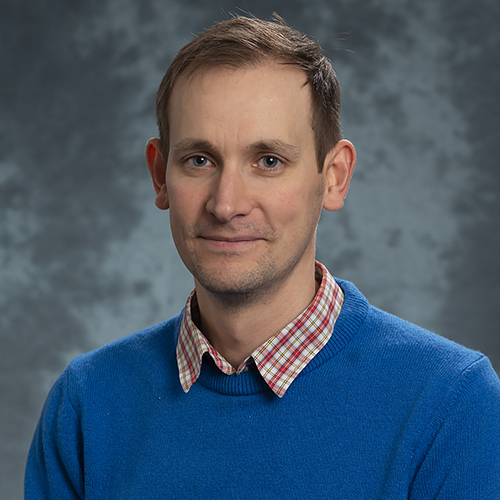
Tom Bide
Minerals geoscientist
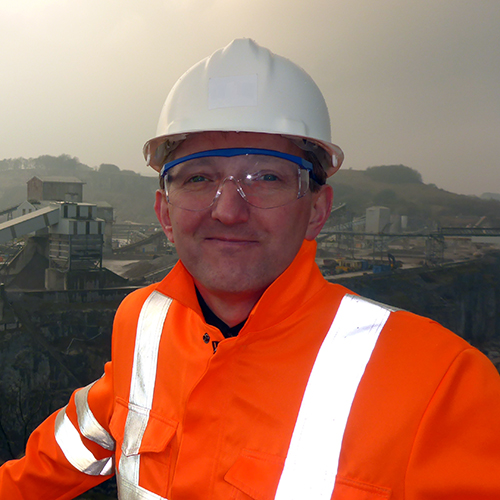
Clive Mitchell
Industrial minerals geologist
Relative topics
Related news
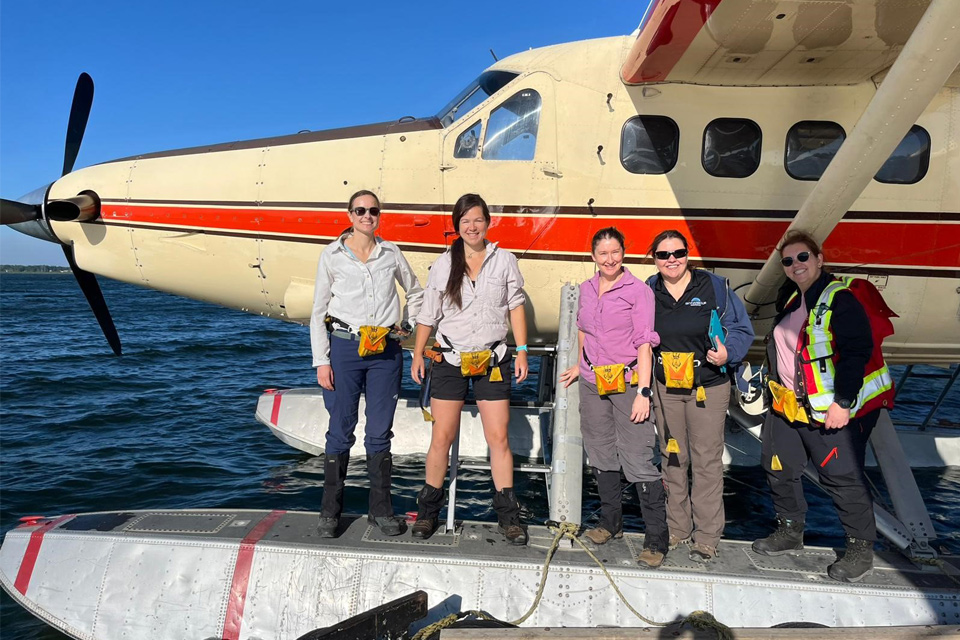
Funding awarded to UK/Canadian critical mineral research projects
08/07/2025
BGS is part of a groundbreaking science partnership aiming to improve critical minerals mining and supply chains.

BGS scientists join international expedition off the coast of New England
20/05/2025
Latest IODP research project investigates freshened water under the ocean floor.

New interactive map viewer reveals growing capacity and rare earth element content of UK wind farms
16/05/2025
BGS’s new tool highlights the development of wind energy installations over time, along with their magnet and rare earth content.
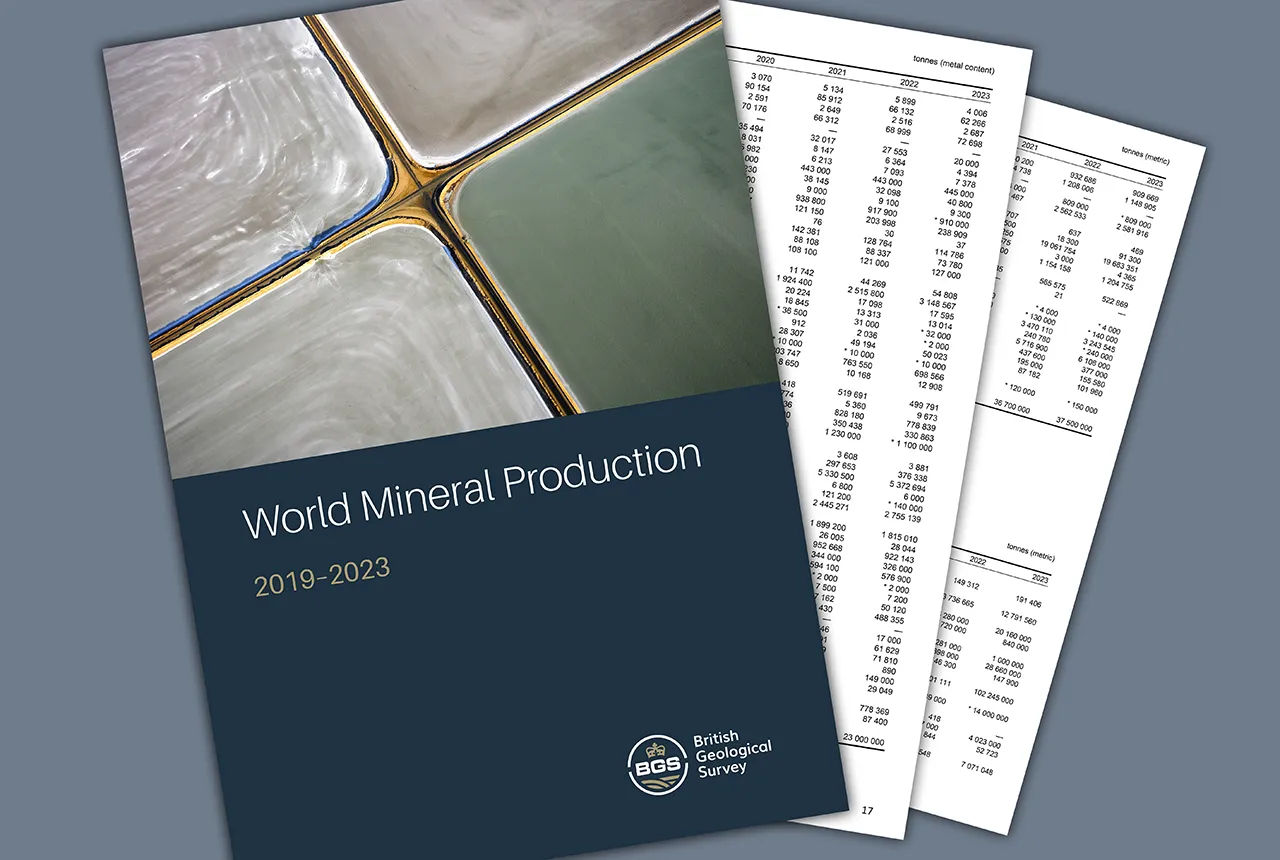
Latest mineral production statistics for 2019 to 2023 released
28/04/2025
More than 70 mineral commodities have been captured in the newly published volume of World Mineral Production.
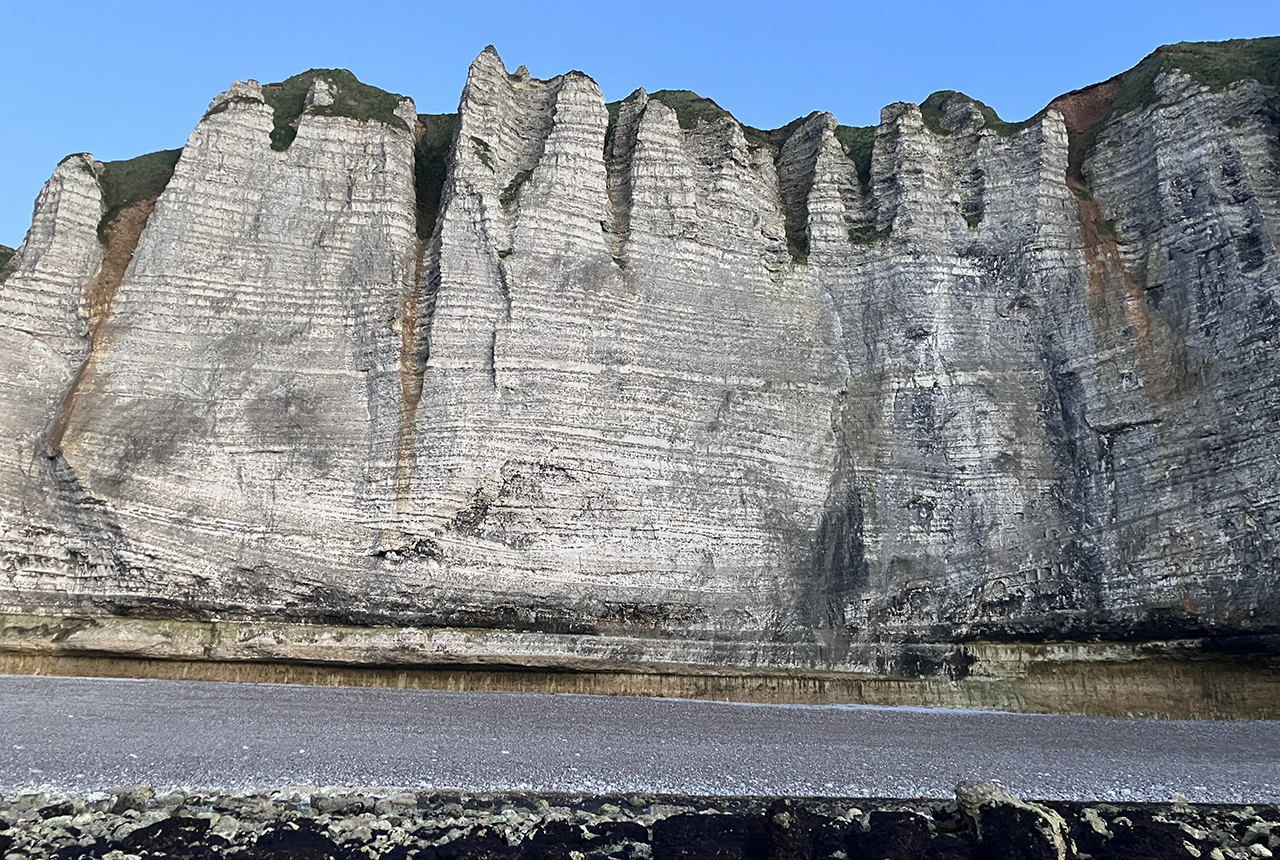
Geology sans frontières
24/04/2025
Geology doesn’t stop at international borders, so BGS is working with neighbouring geological surveys and research institutes to solve common problems with the geology they share.
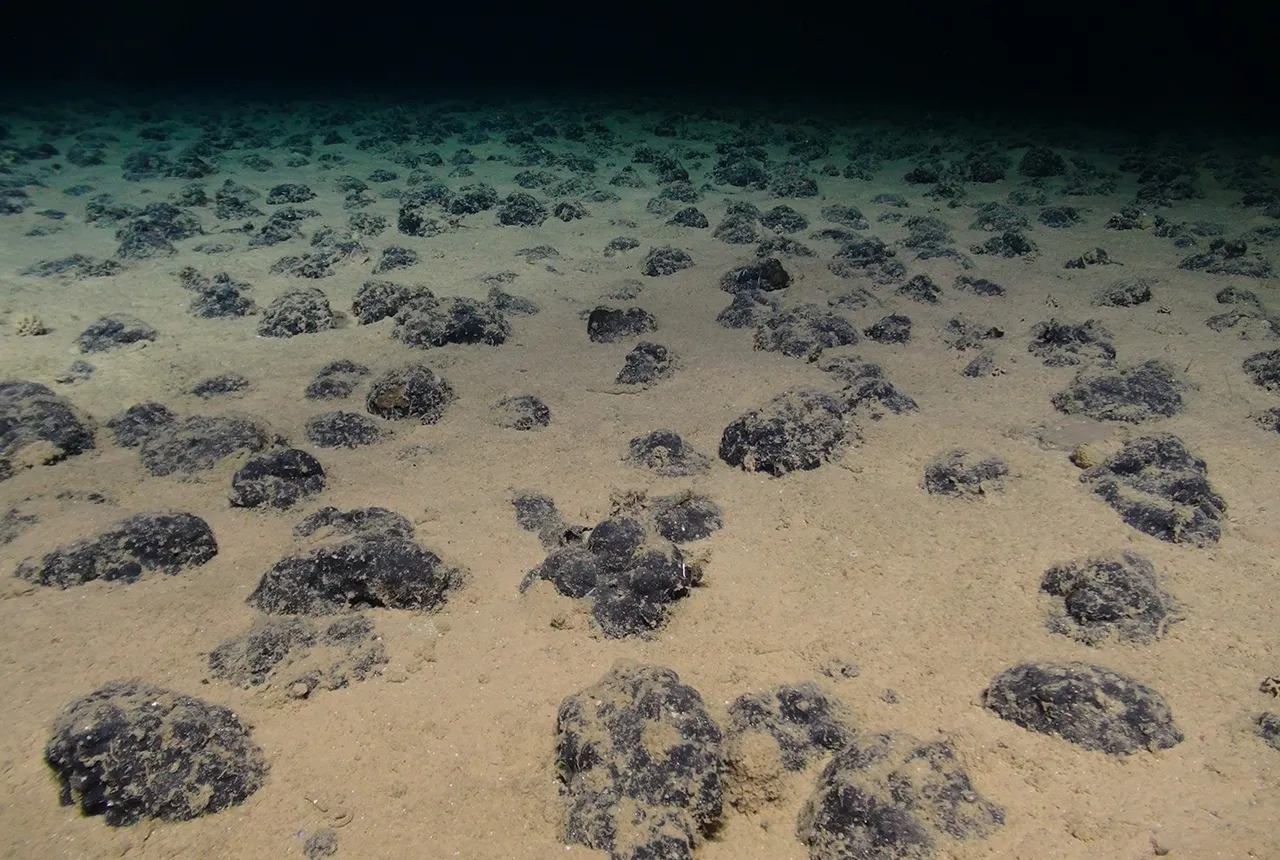
New study reveals long-term effects of deep-sea mining and first signs of biological recovery
27/03/2025
BGS geologists were involved in new study revealing the long-term effects of seabed mining tracks, 44 years after deep-sea trials in the Pacific Ocean.
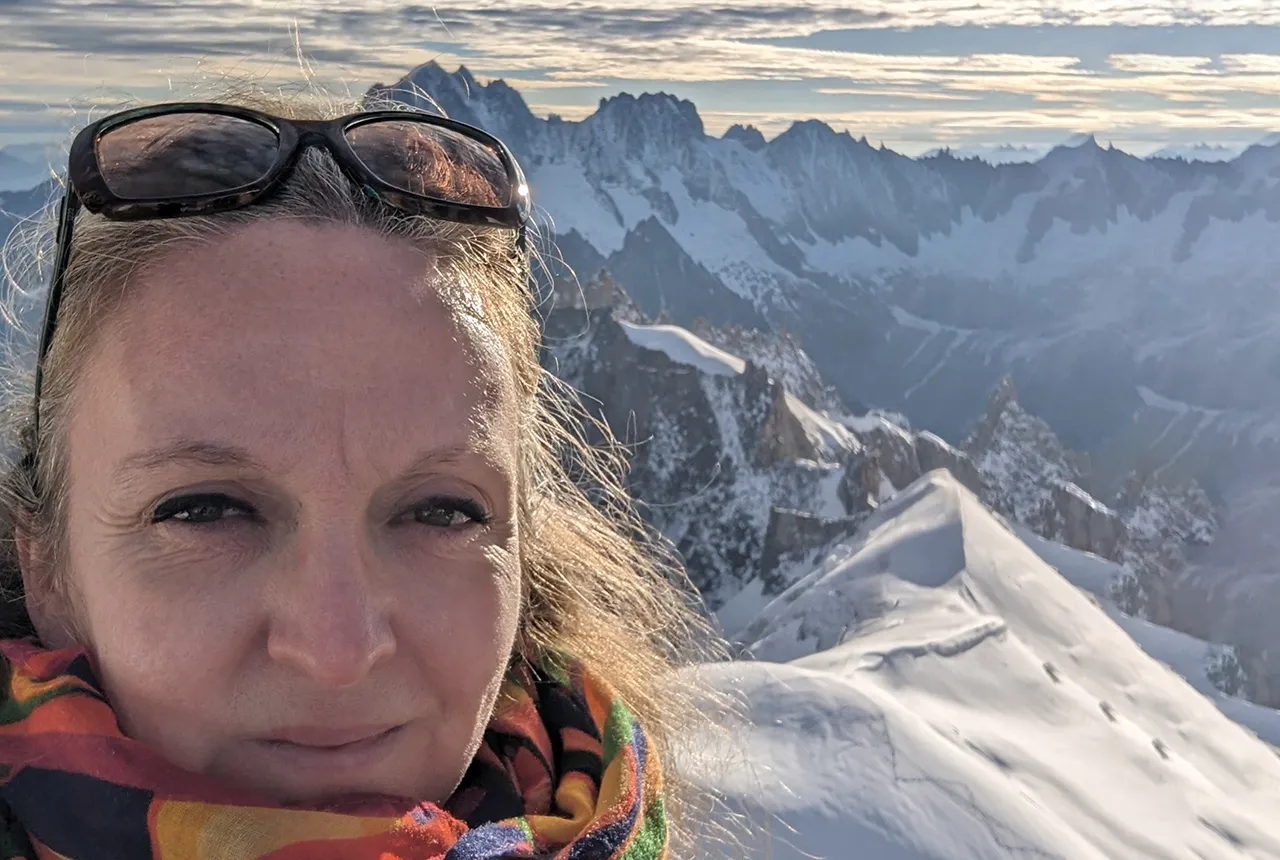
BGS announces new director of its international geoscience programme
17/03/2025
Experienced international development research leader joins the organisation.
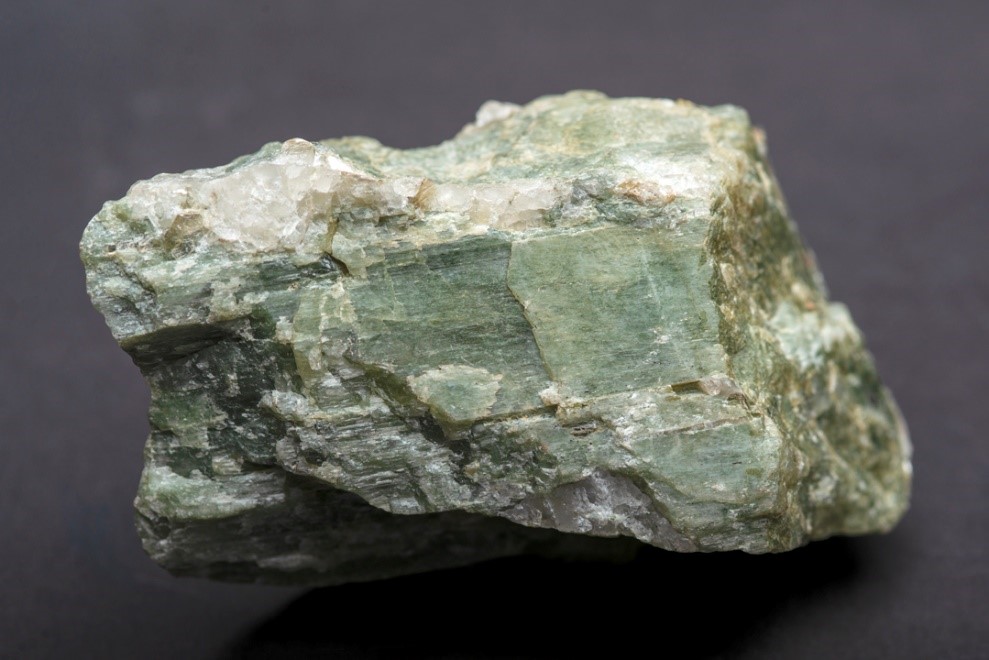
Future projections for mineral demand highlight vulnerabilities in UK supply chain
13/03/2025
New Government-commissioned studies reveal that the UK may require as much as 40 per cent of the global lithium supply to meet anticipated demand by 2030.
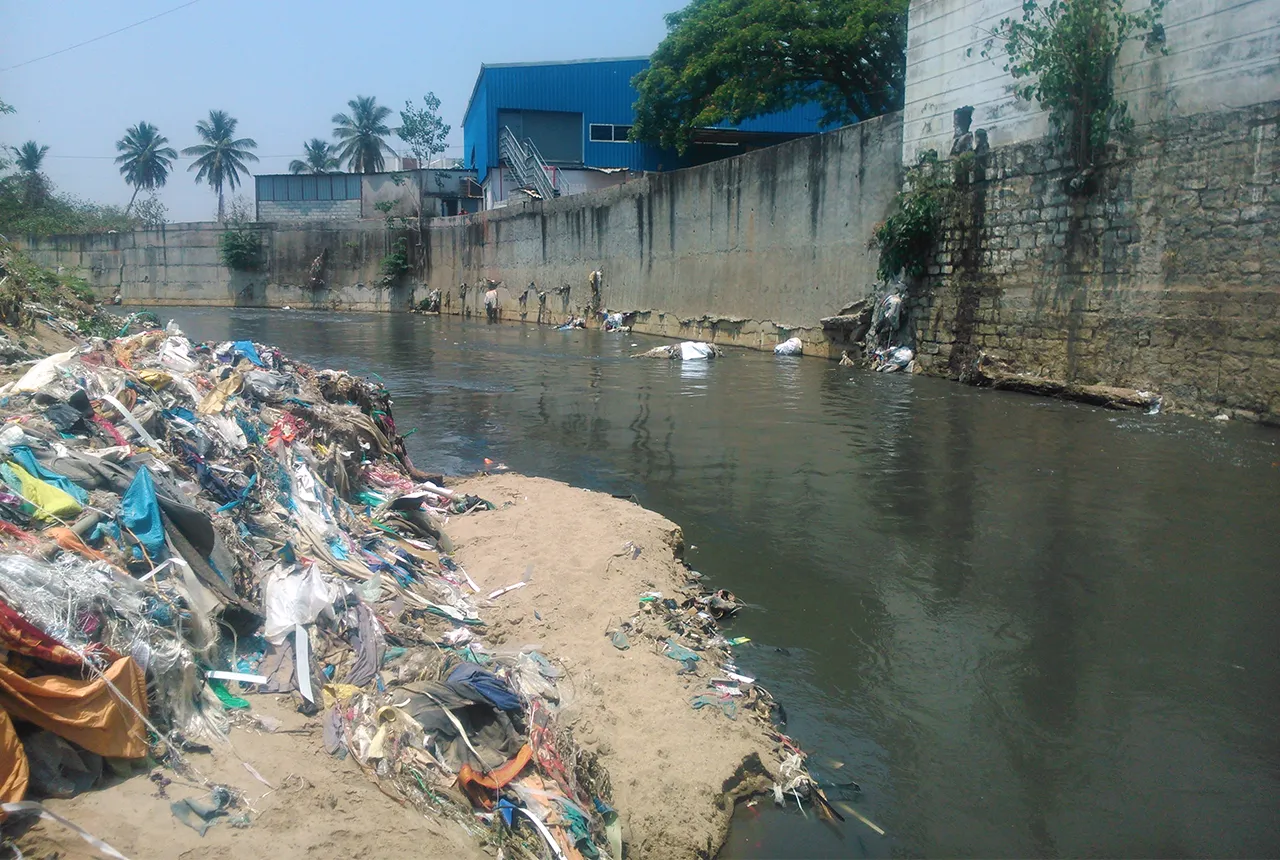
Presence of harmful chemicals found in water sources across southern Indian capital, study finds
10/03/2025
Research has revealed the urgent need for improved water quality in Bengaluru and other Indian cities.
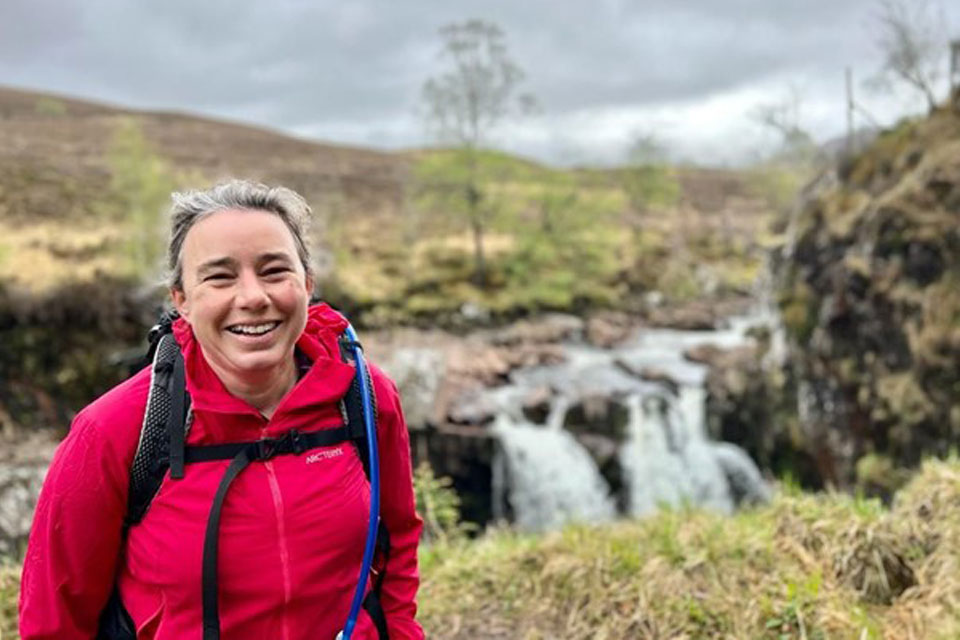
Dr Kathryn Goodenough honoured with prestigious award from The Geological Society
27/02/2025
Dr Kathryn Goodenough has been awarded the Coke Medal, which recognises those who have made a significant contribution to science.
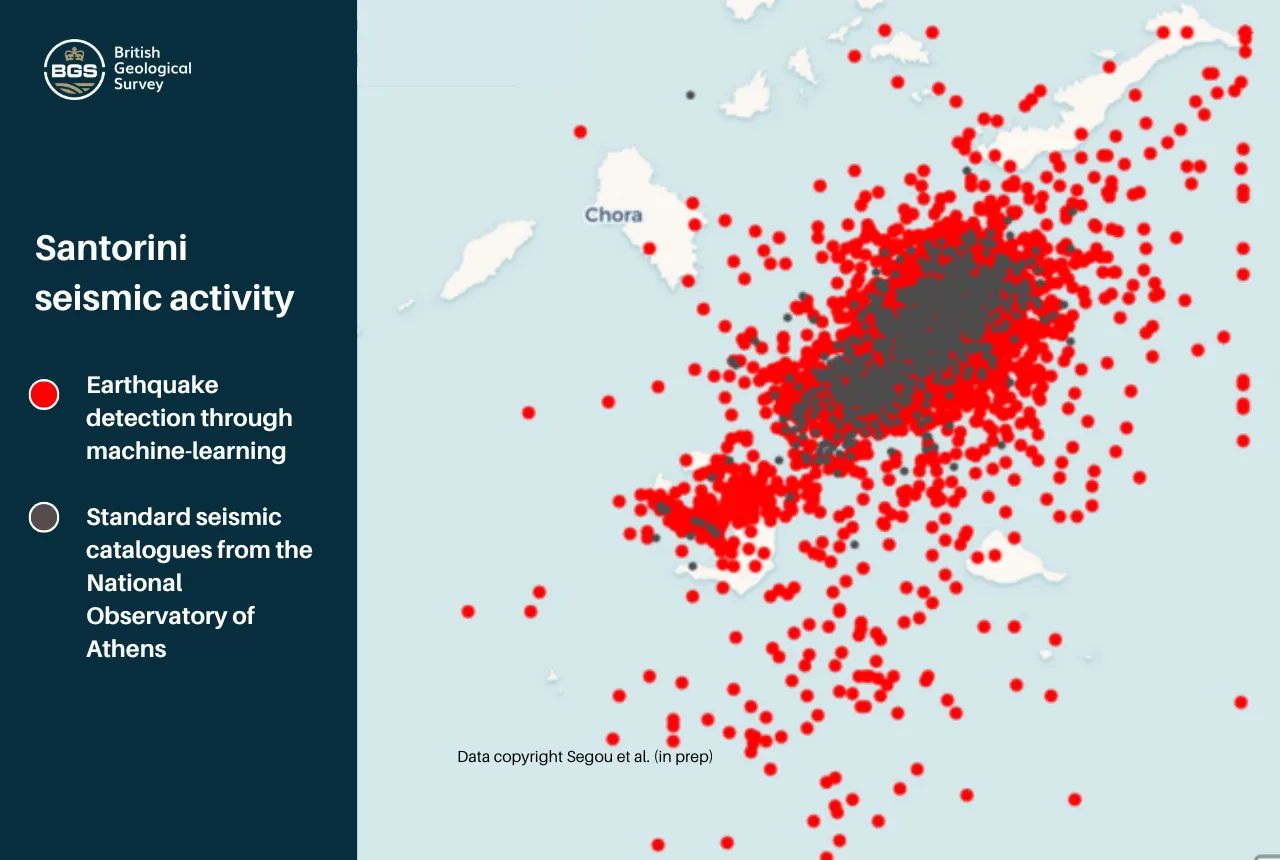
Artificial intelligence is proving a game changer in tracking the Santorini earthquake swarm
07/02/2025
Scientists are harnessing the power of machine learning to help residents and tourists by detecting thousands of seismic events.
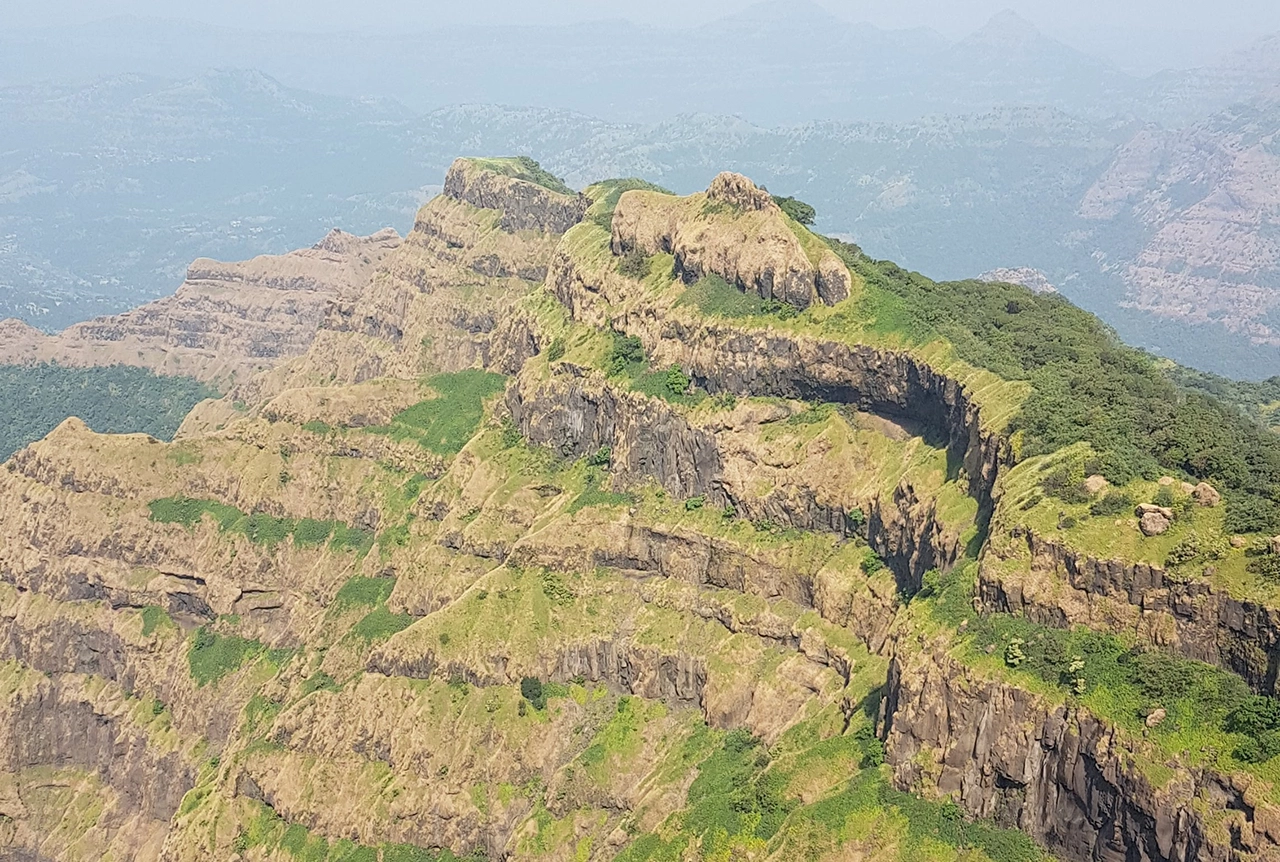
Could underground disposal of carbon dioxide help to reduce India’s emissions?
28/01/2025
BGS geologists have partnered with research institutes in India to explore the potential for carbon capture and storage, with an emphasis on storage.



